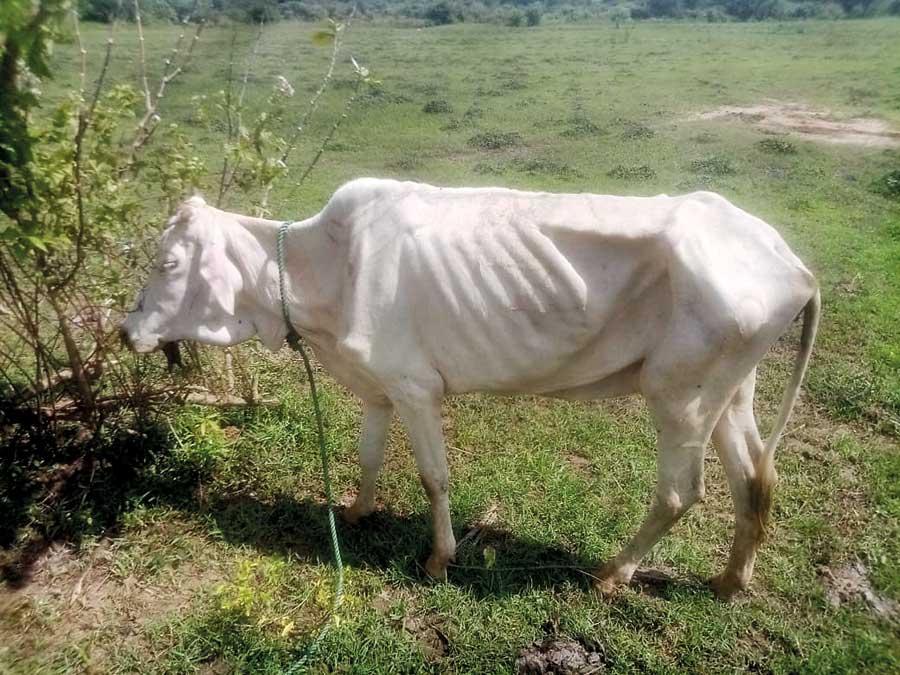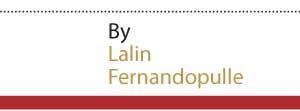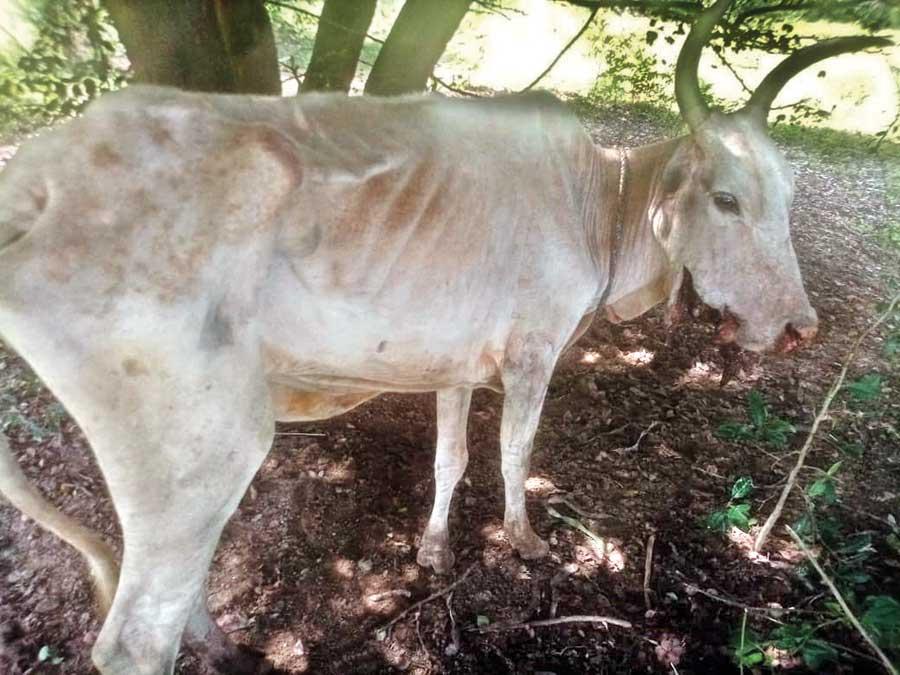10 Apr 2024 - {{hitsCtrl.values.hits}}
Mailaththamadu dairy farmers want speedy solution to grazing land issue

Absence of grazing land poses a major threat to the survival of cattle in Mailaththamadu, a feeding ground for dairy farmers in the Batticaloa district since the early 1970s.
The right to live, move and work are enshrined in the Constitution. Restricting them is tantamount to violating one’s fundamental rights.
But the question is how many do enjoy the unbridled freedom to engage in an occupation of his/her choice?
The dairy farmers of Sittandi in the Eastern province who have been grazing their cattle for decades in the Mailaththamadu area are forced to find alternative grassland due to intruders from various parts of the country who have commenced cultivation in the land.
Famers have been carrying out a continuous agitation for over 200 days calling for the restoration of the farmland in Mailaththamadu to continue their livelihood.
Murugupillai Chinnathambi, a dairy farmer in Sittandi said many dairy farmers in the area had lost their only occupation due to the death of a large number of cattle caused by the absence of grazing land.
“We will continue our demonstrations until our demand for the evacuation of unauthorised planters from Mailaththamadu takes place,” he said.
Farmers have urged the authorities to pay urgent attention to their issue and solve the problem which has aggravated due to the loss of income to meet their daily needs.
Rev. Fr. Sherard Jayawardena, who was part of the civil rights group that took part in the protest early this month, said April 1 marked the 200th day of the protest of dairy farmers in the East who have been fighting for their traditional grazing ground.
Those who have encroached and started planting various crops are not heeding court orders. As a result, dairy farmers are in a precarious state without their livelihood. It has been proposed to bring the land under the Mahaweli Development project,” Fr. Jayawardena said.
The Mailaththamadu has been the feeding ground of cattle for dairy farmers in the Batticaloa district since the early 1970s.
Rev. Fr. Sathivel who joined the protest said by bringing Mailaththamadu under the Mahaweli project, dairy farmers will lose the land forever; causing a huge loss to the economy.
Dairy farmers in Batticaloa said since the end of 2019 the dairy industry in the East has faced many challenges due to lack of attention by the authorities and the absence of a comprehensive and consistent national policy to develop the sector.
S. Ajanthan, a dairy farmer in Sittandi said a large number of cattle had died due to starvation while some were slaughtered by the intruders.
“We need a speedy solution to the issue of dairy farmers in the East who have today fallen from the frying pan into the fire without a source of income to look after families,” he said.
Sri Lanka currently produces around 40 percent of its annual milk demand and depends heavily on imports to cater to the growing domestic demand.
The government spends around US$300 million annually to import milk to meet the daily requirement.
The authorities have from time to time spoken of importing high-yielding dairy cows, but that has been mere rhetoric with nothing tangible taking place to support the dairy industry.
The land covers an area of nearly 15,000 hectares in Mailaththamadu located within the borders of the Maduru Oya National Park. Presently it comes under the Mahaweli B zone of the Mahaweli Authority. Mailaththamadu supports over 1,000 dairy farmers with land for grazing and fodder. Of around half a million cattle in the Batticaloa district nearly 300,000 use Mailaththamadu as the feeding ground. Over 3,000 families, directly and indirectly benefit by dairy farming which is sustained by the land.
Dairy farming was severely hampered by the three- decade war. Farming fully resumed after the end of the war in 2009. Farmers were given access to the Mailaththamadu area by the divisional secretaries of the Chenkaladi and Kiran divisional secretariat offices. Since then dairy farmers were able to engage in the occupation without any hindrance until 2011.
However, the situation has not been the same for farmers since 2012 who had to face regular interruptions to their occupation.

30 Apr 2024 39 minute ago
30 Apr 2024 44 minute ago
30 Apr 2024 1 hours ago
30 Apr 2024 2 hours ago
30 Apr 2024 2 hours ago